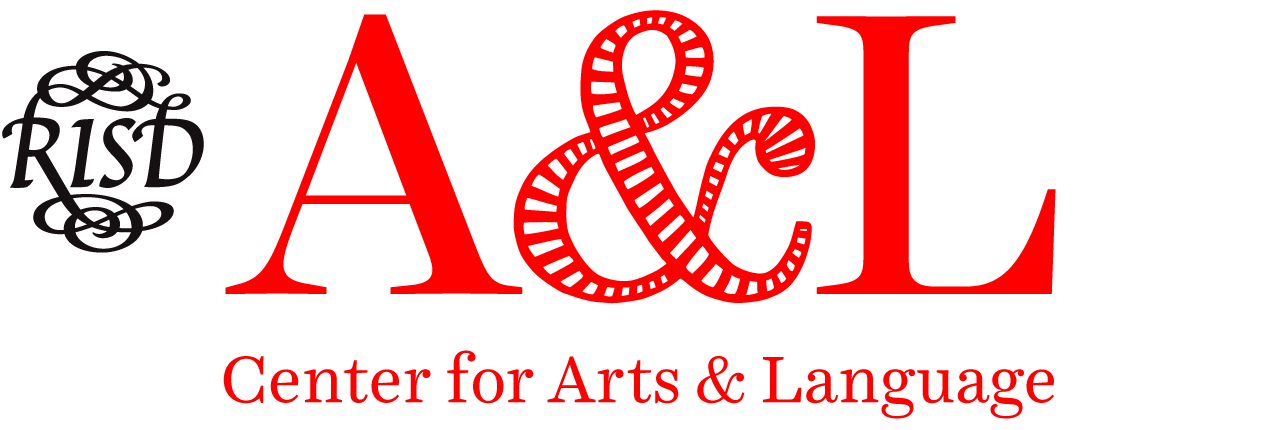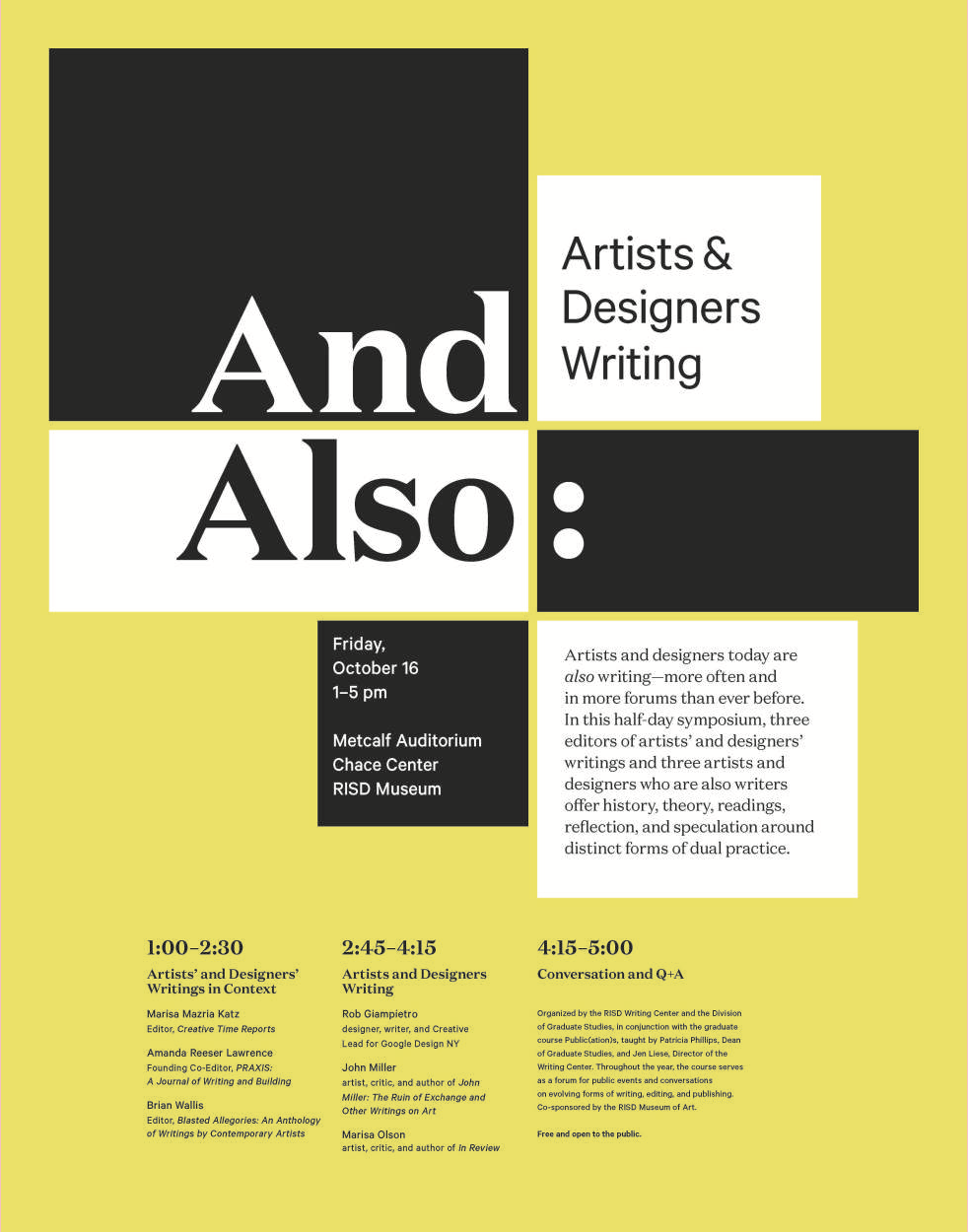In a recent group meeting, the RISD Writing Center tutors answered the VARK questionnaire. VARK stands for the four different modes of learning: visual, aural, read/write, and kinesthetic. These styles affect not only how we learn but how we think, make, do, listen, speak, read, and write.
Some of us were surprised by the results—one person discovered that she is primarily kinesthetic, for example, when she thought she was firmly in the read and write camp. These surprises challenged our assumptions about others’ learning styles as well. We used our new awareness to think about tutoring methods that might best serve various learning styles, and about how these preferences come into play in the studio.
Here’s the questionnaire if you’re interested in taking it yourself. And next time you come to the Writing Center, feel free to share your style!




